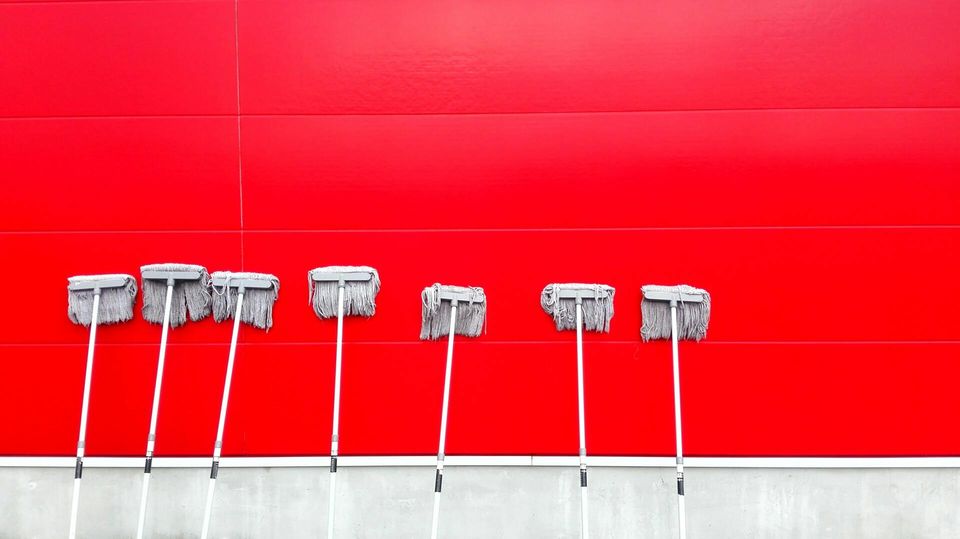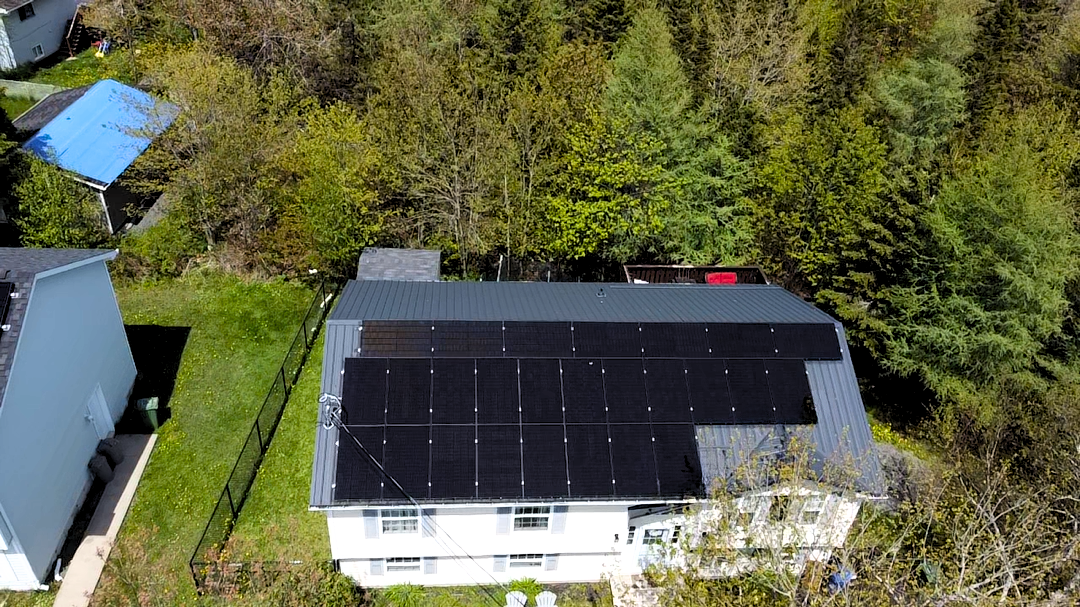Solar panels do not have any moving parts, which is why there isn’t a whole lot of maintenance to take care of. However, cleaning is one aspect of solar panel maintenance that should not be taken lightly.
The occasional clean will keep the panels free of dust and dirt which will aid maximum electricity generation. Once cleaned, you could see the efficiency of your solar panels increase. And you can hold onto more of the energy being generated by your solar panels with a solar battery.
Pollen, dust, sea salt, or pollution - if it’s in the air, it’ll eventually end up on your panels. And as a solar owner, you know that what stands in the sun’s way of your panels stands in the way of your electricity savings.
Google conducted a ground-breaking experiment at their 1.6 MW solar farm in Mountain View, California. They found that cleaning the solar panels was “the number one way to maximize the energy they produce.” Cleaning solar panels that had been in operation for 15 months doubled their output of electricity.
Google concluded that for flat solar panels, relying on rain alone is not an adequate way of cleaning solar panels. Hence, it is reasonable to assume that solar panels can lose 15-25% of their efficiency if not cleaned properly. This literally means that they will generate 15-25% less electricity, which you now will have to source from the utility company at their price rates. This easily adds a couple of years extra to the payback time.
Solar Panel Cleaning: Professional help vs DIY
While cleaning them yourself may seem like a great way to save money, in most cases, it’s not only a risk to your solar system and the panels’ warranty, but it’s a risk to your own safety. No amount of energy savings is worth that. You’re also risking causing damage to your system that far exceeds any gains cleaning dirt off would ever give you.
If you are interested in cleaning your residential solar panels on your own, there are a variety of products you can use to clean them. But first things first. Check with your solar installers and providers to determine if there is any information about solar panel cleaning, recommendations, and dos or don’ts when it comes to cleaning your system.
The most effective way to clean your solar panels is with a hose and a bucket of soapy water. Essentially, in the same manner you would wash your car at home. Because you don’t want to scratch the panels in any way, it’s best to use just water and a non-abrasive sponge to apply soapy water. Keep in mind that you shouldn’t use any type of high-pressure water sprayer when washing off your solar panels. A high-pressure attachment can damage the solar panels themselves.
How often should I clean my solar panels?
Cleaning solar panels once or twice a year is usually enough. Solar panels that are cleaned once and twice a year produce 3.5% and 5.1% more electricity respectively than those that are left uncleaned.
Solar panel cleaning is not that much different than cleaning a typical window. It is not very time-consuming either. In return, you could see a big boost in your system performance, and big cash savings on your electric bills. Done right, cleaning your solar panels will keep your system operating at maximum efficiency so you can reap the full benefits of going solar year after year.
Thanks for reading!
Brian McKay
(aka The Solar Guy)





